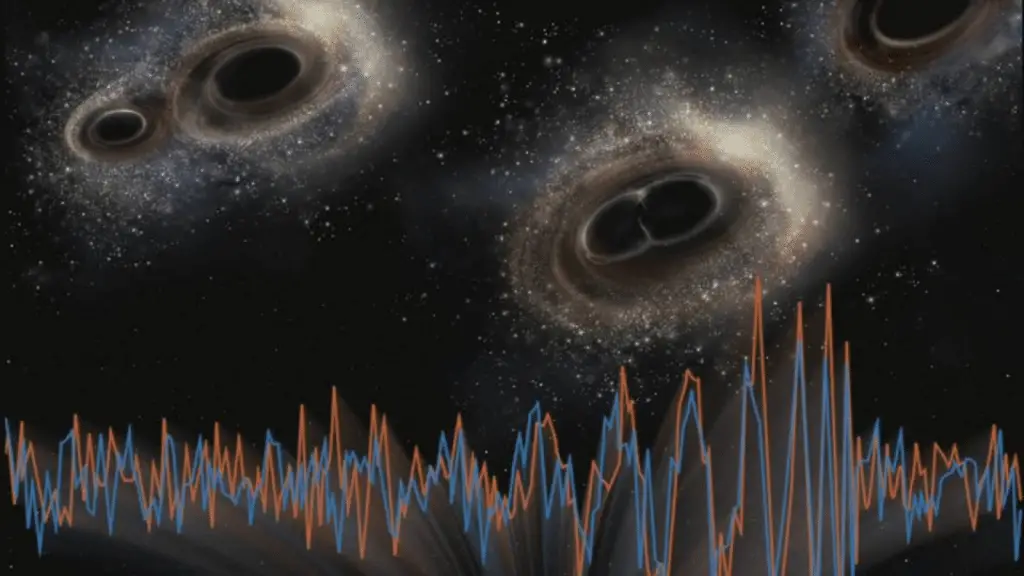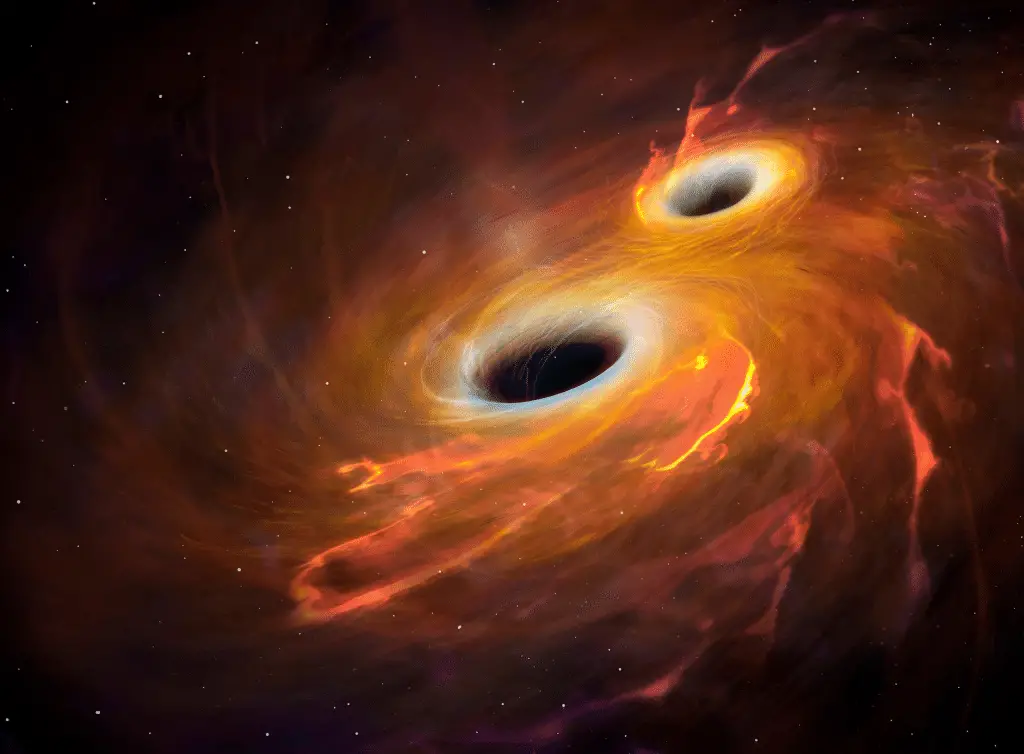Gravitational waves represent one of the most important discoveries fascinating and revolutionary in modern physicsthese ripples in spacetime, first predicted by Albert Einstein in his 1915 general theory of relativitywere directly detected only in 2015.
Since then, scientists have continued to explore their implications and potential, finding that they could provide crucial clues to the very earliest moments of the universe.
Latelya group of researchers has suggested that these waves could reveal the exact moment when time begana concept that is based on a set of equations that, although originally developed for plasma physics in nuclear fusion reactors, can be adapted to explain cosmological phenomena.
There nuclear fusionwhich powers the stars and may one day provide us with carbon-free electricity, shares some mathematical characteristics with gravitational waves, allowing these equations to be applied in a cosmological context.
Returning to gravitational waves, these are generated by catastrophic events such as the merging of black holes or neutron stars, but they can also be produced by phase transitions that occurred soon after the Big Bang. These phase transitions, similar to those that turn water into ice, could have left an imprint in the waves we can detect today.
Scientists believe that by studying these waves, we can gain valuable insights into the conditions present during the first moments of rapid inflation of the universe, or even into the conditions existing before the Big Bang.
The idea that these waves could reveal the moment when time began is fascinating and revolutionary, and if confirmed, could rewrite our understanding of the universe and its beginning, opening new avenues for scientific and philosophical research.
Gravitational Waves and the Birth of Time
Gravitational waves were detected for the first time in 2015 thanks to theLIGO observatory (Laser Interferometer Gravitational-Wave Observatory), marking a milestone in modern physics.
As mentioned above, these waves are generated by extremely energetic cosmic events, such as the merging of black holes or neutron stars, and travel through the universe at the speed of light, and their discovery has opened a new window on the universe, allowing us to “listen” to events that would otherwise be invisible.

Albert Einstein, in his general theory of relativity, predicted the existence of gravitational waves, and according to this theory, gravity is not a force acting at a distance, as suggested by Newton, but a curvature of space-time caused by the presence of mass and energy.
When massive objects accelerate, as in the case of the merger of two black holes, they create ripples in space-time that propagate as gravitational waves.
Detecting gravitational waves is an extraordinary technological feat, specifically LIGO uses two four-kilometer-long arms arranged in an L-shape, through which laser beams are passed, and when a gravitational wave passes through the Earth, it slightly alters the length of these arms, creating a signal that can be detected by the observatory’s instruments.
This method has allowed to confirm the presence of gravitational waves with unprecedented precision.
One of the most fascinating aspects of gravitational waves is their potential to reveal information about the very early moments of the universe. Immediately after the Big Bang, the universe was in a state of hot, dense plasma, and phase transitions that occurred at that time could have generated gravitational waves.
The equations of plasma physics
A recent study suggests that equations used to describe the behavior of plasma in nuclear fusion reactors can be adapted to explain gravitational waves. These equations, which describe how electromagnetic waves propagate through plasma, can be modified to model the interaction between gravitational waves and matter in the early universe.
This approach could provide new understanding of how gravitational waves influenced matter and radiation soon after the Big Bang.

If gravitational waves can indeed reveal the moment when time began, the implications would be enormous, not only rewriting our understanding of the universe, but could also profoundly influence philosophy and theology.
The question of what was “before” the Big Bang is one of humanity’s oldest and most profound, and gravitational waves could provide a scientific answer to this enigma.
If you are attracted by science or technology, keep following us, so you don’t miss the latest news and updates from around the world!
#Gravitational #Waves #Discoveries #Change #History #Time
